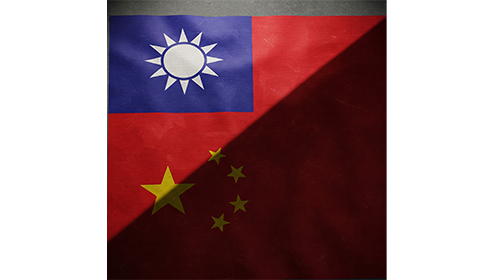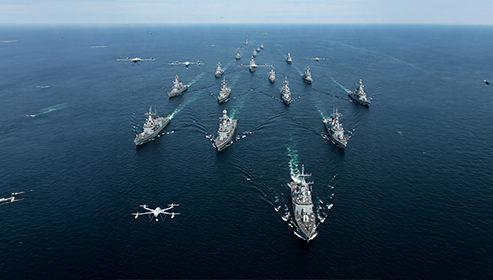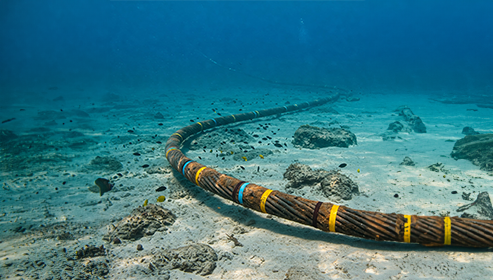Meta is no stranger to bold infrastructure projects, but Project Waterworth stands out as something more than just a connectivity push. This 50,000-kilometer subsea cable—a record-breaker—claims to be about digital inclusion. But is it really? Or is it Meta’s latest chess move to dominate global data flows and lock in its AI supremacy?
Control Over Data Flows: A Power Grab Disguised as Progress?
Subsea cables are the silent lifelines of the internet, carrying over 95% of global data traffic. Traditionally, they were controlled by telecom giants or multi-stakeholder consortia. But Big Tech is rapidly flipping that script. Meta’s entry into the subsea cable business isn’t just another expansion—it’s an aggressive grab for direct control over the digital highways that fuel its empire. By cutting out traditional middlemen, Meta tightens its grip on data movement across continents. And if history tells us anything, power over infrastructure means power over policy.
An AI-Powered Future Needs a Fast Lane
AI is Meta’s golden goose, and training and deploying AI models demands colossal bandwidth. Project Waterworth isn’t just about future-proofing—it’s about ensuring Meta’s AI operations never hit a traffic jam. From social media algorithms to its hyper-targeted advertising machine, every aspect of Meta’s business hinges on seamless, high-speed data transfer. Owning the pipelines means it won’t have to depend on anyone else. Convenient, isn’t it?
Economic and Geopolitical Implications: Who Really Wins?
Meta’s focus on emerging markets, particularly India, isn’t just about connectivity—it’s about business. India alone has over 700 million internet users, and that number is climbing fast. Faster, more reliable data connections via Project Waterworth could give Meta a clear upper hand in this high-stakes digital battleground, outpacing rivals like Google and Amazon.
Then there’s the geopolitical angle. Undersea cables have always been a strategic asset, and governments are increasingly wary of foreign ownership. China, for instance, has been aggressively developing its own cable networks to minimize reliance on Western tech giants. With Project Waterworth, Meta steps into a high-stakes power play, where influence over global data infrastructure can mean leverage in regulatory battles, trade negotiations, and even national security debates.
The Risks of Meta’s Digital Monopoly
Connectivity sounds great—until you realize that a single corporation is calling the shots. If Meta becomes the gatekeeper of global internet traffic, what does that mean for digital freedom? Could it prioritize its own services, throttle competitors, or even exert control over online speech? Given Meta’s history with data privacy scandals and ethical gray zones, these questions aren’t paranoia—they’re necessary scrutiny.
A Digital Empire in the Making?
Project Waterworth is an engineering marvel, but let’s not pretend it’s just about bridging the digital divide. It’s about power. With this cable, Meta isn’t just improving global connectivity—it’s cementing its role as a global internet overlord. Whether that benefits the world or just consolidates power in fewer hands is the real question. One thing is certain: Meta is playing a long game, and it’s not just about faster internet—it’s about total digital dominance.





